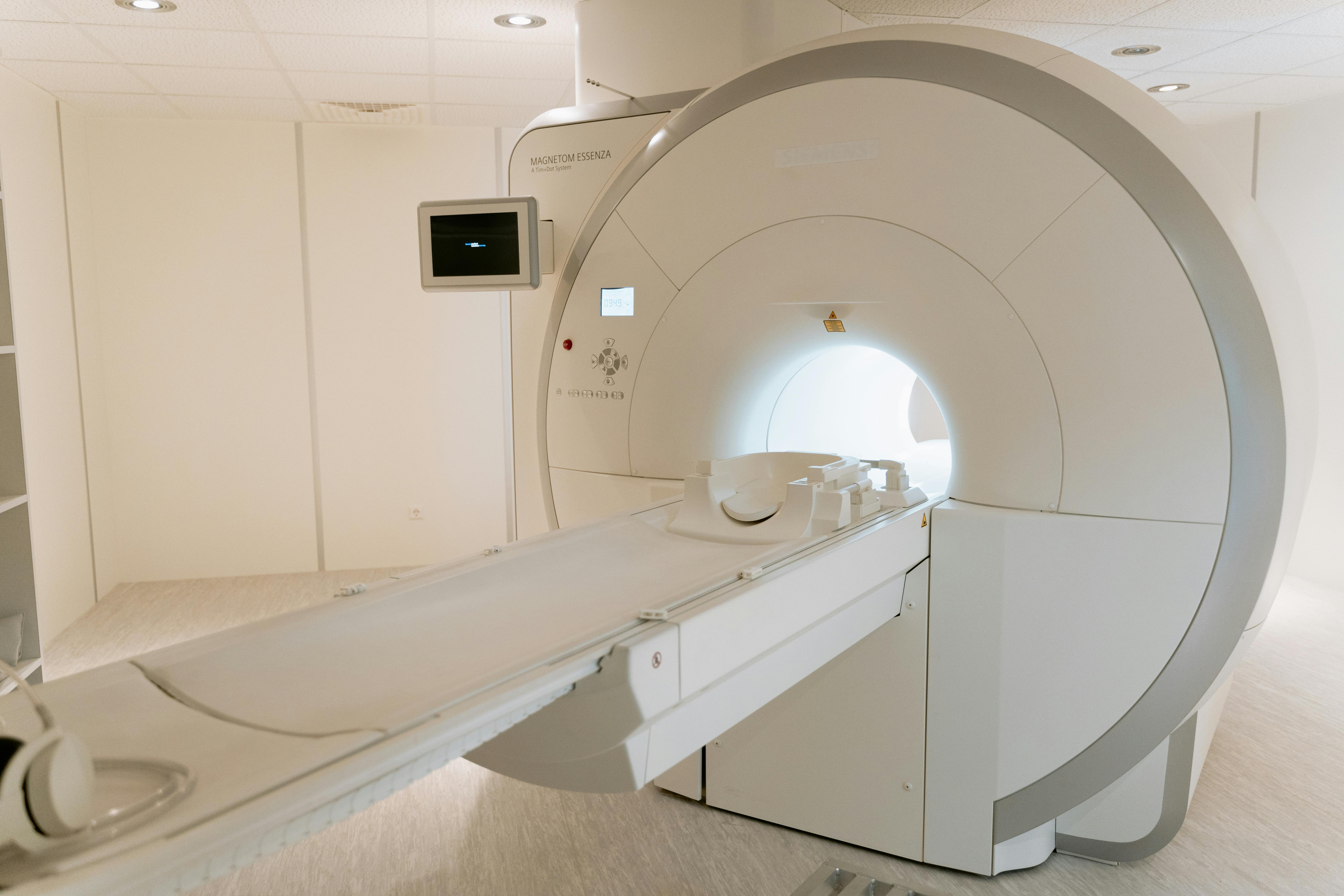What Are CE Credits, and How Can They Help You Stay Ahead in Your Field?

Strong 8k brings an ultra-HD IPTV experience to your living room and your pocket.
Staying current with the latest knowledge and skills is essential. If you work in healthcare, particularly in radiology or other technical disciplines, you’ve probably heard the term "CE credits" mentioned before. But what exactly are CE credits, and why should you care about them for your career? In this blog, we’ll break down what CE credits are, who needs them, and how they can help you stay ahead in your field.
What Are CE Credits?
CE stands for Continuing Education, and CE credits are awarded when you complete courses designed to help you stay up-to-date with developments in your industry. These credits are particularly important in fields like healthcare, where new technologies, treatments, and regulations emerge regularly. By earning CE credits, professionals demonstrate their commitment to ongoing education and ensure they are always equipped with the latest knowledge and skills.
In healthcare, CE credits are often required for maintaining certifications, licenses, and registrations. For example, radiology, nursing, and medical imaging professionals must earn a certain number of CE credits within a specified period to renew their credentials.
Who Needs CE Credits?
CE credits are needed by a variety of healthcare professionals, including but not limited to:
● Radiologic Technologists: Individuals who work with imaging technologies, such as MRIs, CT scans, and X-rays, must earn CE credits to stay up-to-date with the latest advancements in radiology.
● Nurses: Nurses are required to earn CE credits as part of their professional development and to meet licensing requirements.
● Medical Technologists: These professionals maintain their certifications through continuing education in their specific areas of expertise.
● Physicians and Surgeons: Doctors must keep up with the latest medical practices and innovations, often earning CE credits to meet their licensure requirements.
Even if you’re not in one of these specific fields, many other healthcare-related careers require CE credits to ensure that professionals provide patients with the highest level of care.
How Can CE Credits Help You in Your Career?
1. Enhance Your Knowledge: Completing CE courses can give you valuable insights into the latest technologies, best practices, and industry standards, which can improve your overall competency and effectiveness in your job.
2. Improve Patient Care: Healthcare professionals who keep up with continuing education are better equipped to provide the best possible care to their patients. Whether it's a new diagnostic tool, treatment method, or safety protocol, CE credits ensure you’re ready to apply the most current knowledge.
3. Networking Opportunities: Many CE courses and workshops offer opportunities to meet other professionals in your field. Networking can help you learn from peers, discover new job opportunities, and build relationships that could lead to future collaborations.
How to Earn CE Credits?
Earning CE credits is simple and flexible. You can choose from various online courses, webinars, workshops, and in-person seminars accredited organizations offer. Whether you're interested in taking a course that focuses on the latest advancements in your specialty or a broader course to refresh your general knowledge, there’s an option for you.
Conclusion
CE credits are more than just a requirement they invest in your professional development and career success. Earning CE credits keeps you at the forefront of your field, helping you improve your skills, enhance patient care, and open up new job opportunities. With the convenience of online courses and the variety of learning options available, earning CE credits has never been easier. So, why wait? Start earning your CE credits today and stay ahead in your career!
Note: IndiBlogHub features both user-submitted and editorial content. We do not verify third-party contributions. Read our Disclaimer and Privacy Policyfor details.


